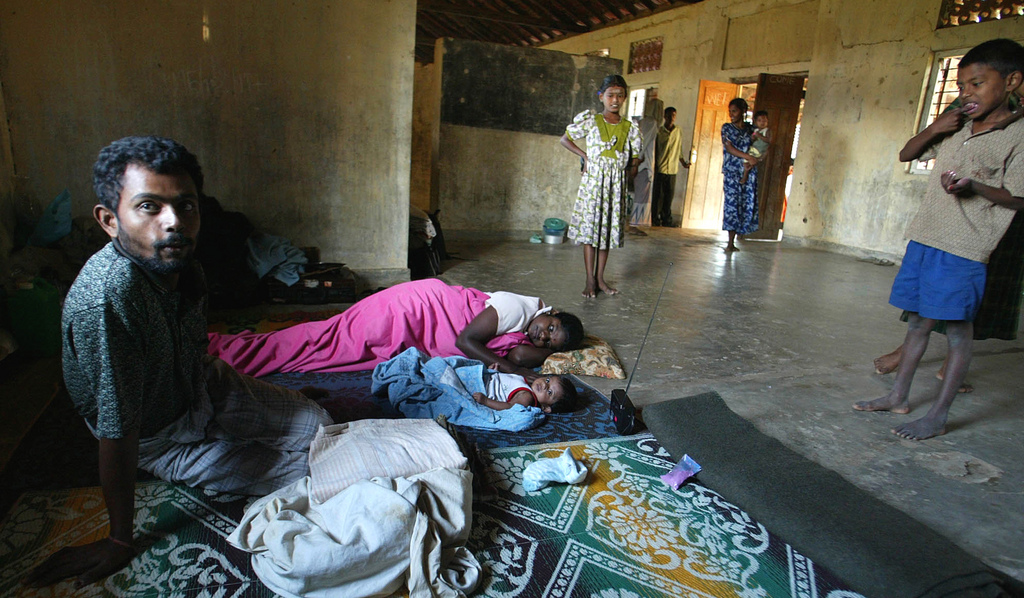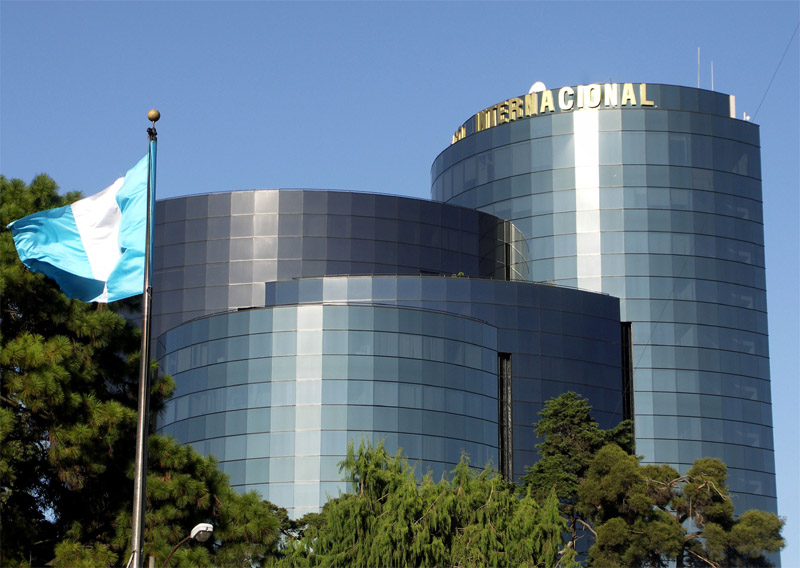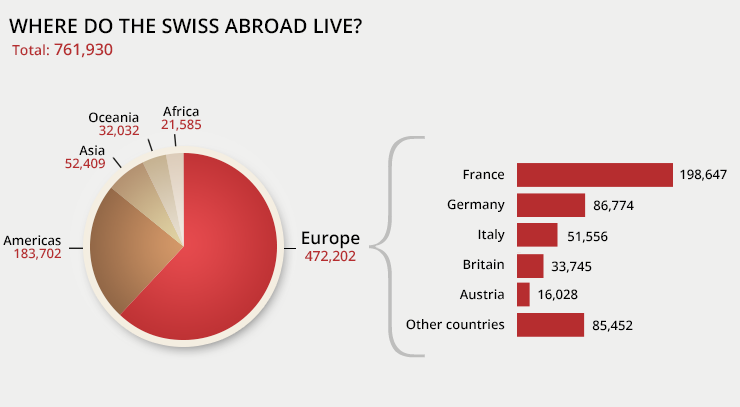Swiss go Dutch on diplomacy

After car-sharing and job-sharing, a new phenomenon has emerged: embassy-sharing. On Tuesday, the Swiss cabinet gave the green light for sharing embassy premises with the Netherlands and Denmark in several countries.
The government said in a statement that Swiss diplomats would share premises in Oman with their Dutch counterparts. It has also authorised the foreign ministry to conclude further property-sharing agreements with Denmark in Nigeria (Abuja and Lagos), and with the Netherlands in Angola (Luanda) and Cyprus (Nicosia). The foreign ministry said such arrangements would not affect Switzerland’s diplomatic agenda.
“The safeguarding of Switzerland’s political and economic interests remains autonomous and independent regardless of the shared use of premises,” it said in a statement.
The property-sharing decision is meant to allow Switzerland to maintain a high level of diplomatic engagement without having to stretch available resources. It “facilitates the more efficient use of available resources”.
In recent years, Switzerland’s diplomatic network has had to cut spending by CHF30 million ($31.7 million) under a programme approved by parliament.
In the past, the Organisation of the Swiss Abroad (OSA) has expressed concern over the decline in benefits for the 700,000 Swiss living abroad. In 2013, it failed to prevent the reorganisation of the consular network.
In 2013, Swiss Foreign Minister Didier Burkhalter defended Switzerland’s diplomatic network saying it was well represented abroad with around 170 embassies – including about 120 consular units – and its services had not deteriorated because consular hubs, mobile consular services and a 24-hour helpline had been set up for expatriates.

In compliance with the JTI standards
More: SWI swissinfo.ch certified by the Journalism Trust Initiative












You can find an overview of ongoing debates with our journalists here . Please join us!
If you want to start a conversation about a topic raised in this article or want to report factual errors, email us at english@swissinfo.ch.